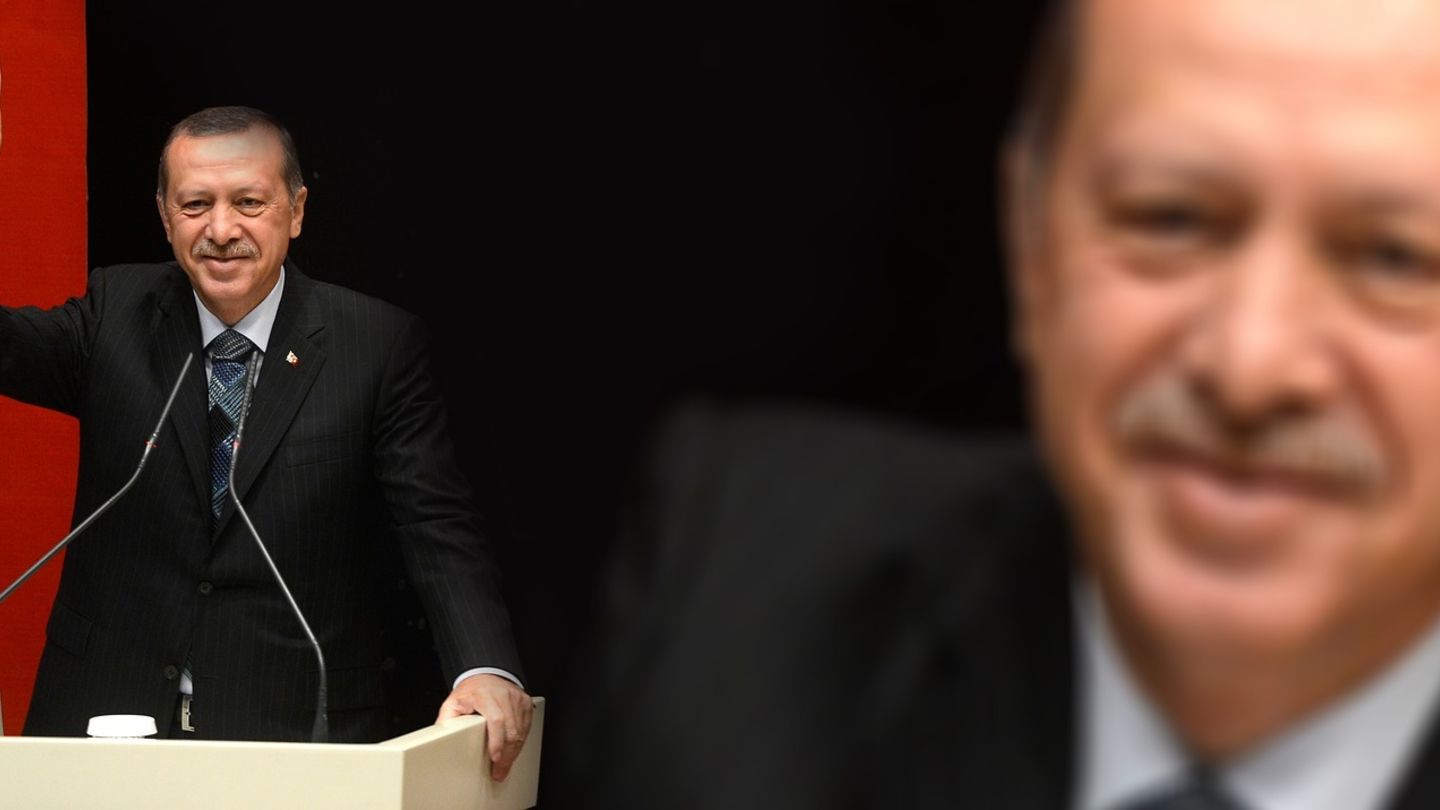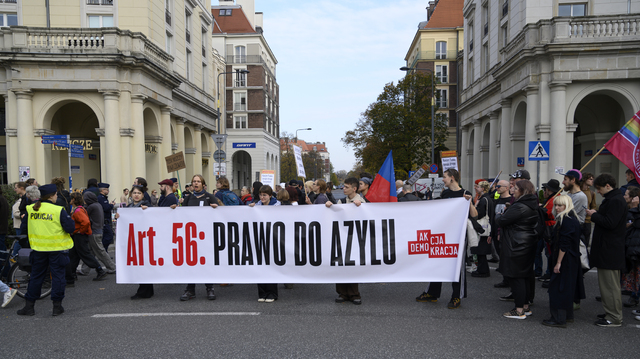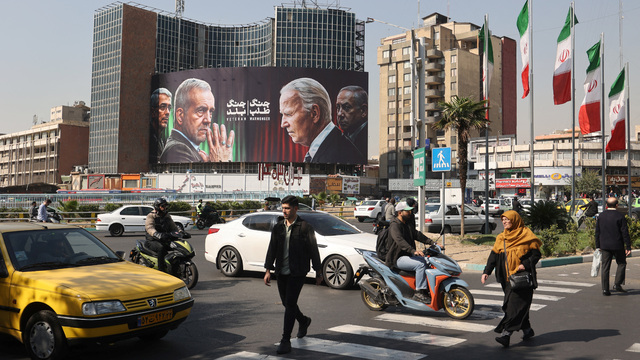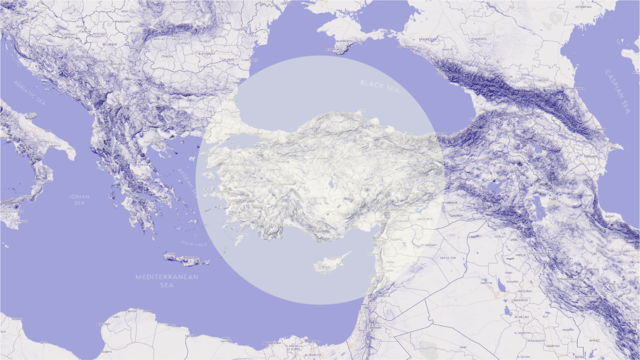What’s next for Turkey? Lessons of the 2014 presidential elections

paper
The 2014 Turkish presidential elections have demonstrated that Recep Tayyip Erdogan and the AKP were able to overcome their previous political crises during the last, one-year-long eventful period, and they were successful in continuing to mobilise their electorate. Erdogan’s victory at the presidential elections of 10 August 2014 may lead to the introduction of a presidential system and further centralization of power in Turkey. However, it can also be an overture for changes in the opposition. The EU has to keep being involved in Turkish domestic politics, especially in the democratization process, and support the emergence of a more plural Turkish political community.
Authors of future history books will probably characterize Recep Tayyip Erdogan’s victory at the Turkish presidential elections of 10 August 2014 as a “new chapter” in Turkish history. After being the Prime Minister for eleven years, Erdog˘an can now sit in Kemal Atatürk’s chair as the twelfth, but the first directly elected President of the Republic as of 28 August 2014. The elections’ result was close to the anticipated result, as major polling institutes suggested that he would receive some 50–55 percent of the votes, which means that the actual outcome of the elections could not be much of a surprise for those who closely follow Turkish domestic politics. However, Erdogan’s triumph was not a slippery slope triumph despite his first round victory.







